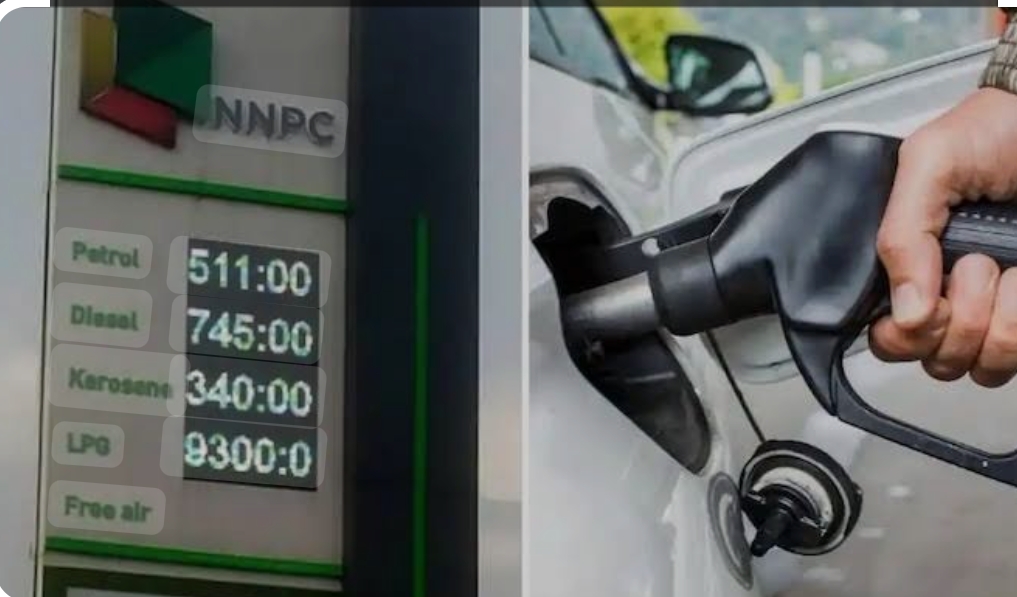The recent increase in petrol prices in Nigeria has significant implications for various aspects of the economy and society. Here are some key impacts:
1. Inflation and Cost of Living
Rising Costs: Higher petrol prices often lead to increased transportation costs, which can cause a ripple effect, raising the prices of goods and services across the board. This could further elevate the inflation rate, reducing the purchasing power of the average Nigerian.
Impact on Households: For many households, especially those in lower-income brackets, the cost of living will likely increase, as essential items become more expensive. This could exacerbate poverty levels and worsen economic inequality.
2. Impact on Businesses
Operational Costs: Businesses, particularly those dependent on transportation and logistics, will face higher operational costs. This could lead to reduced profit margins, or businesses may pass on these costs to consumers, further driving up prices.
Small and Medium Enterprises (SMEs): SMEs, which often operate on thin margins, might struggle to absorb the additional costs, potentially leading to business closures or a reduction in operations.
3. Transport Sector
Public Transport: Increased petrol prices usually lead to higher fares for public transportation, affecting the mobility of many Nigerians, particularly those who rely on public transit for commuting to work or school.
Private Transport: Car owners will face higher fuel bills, which may lead to reduced usage of personal vehicles, possibly increasing demand for public transportation or alternative modes of transport.
4. Government Revenue and Subsidy Burden
Subsidy Considerations: If the government decides to reintroduce or increase fuel subsidies to cushion the impact on citizens, it could strain public finances. However, reducing or eliminating subsidies would save government funds but could lead to public unrest.
Fiscal Pressure: Higher petrol prices might lead to increased government revenue from taxes on fuel, but the broader economic effects could counterbalance this gain if the economy slows down due to reduced consumer spending.
5. Social Unrest
Protests and Strikes: In Nigeria, increases in petrol prices have historically led to protests and strikes. Public dissatisfaction could grow, potentially leading to organized labor actions or broader social unrest.
Political Pressure: The government may face political backlash from citizens and opposition parties, putting pressure on policymakers to address the situation or provide relief measures.
6. Environmental Considerations
Increased Interest in Alternatives: As petrol becomes more expensive, there might be a growing interest in alternative energy sources, such as electric vehicles or renewable energy, although this shift would require substantial infrastructure investment.
7. Macroeconomic Stability
Exchange Rate Pressure: Higher fuel prices can put pressure on the exchange rate if the cost of importing petrol rises, potentially leading to a depreciation of the naira. This could further exacerbate inflation and economic instability.
Impact on Growth: With higher energy costs, economic growth might slow as businesses and consumers cut back on spending, leading to reduced economic activity.
The implications of this increase are wide-ranging and could have lasting effects on Nigeria's economy, social fabric, and political landscape. How the government manages this situation will be crucial in determining the overall impact.
Eguaogie Eghosa
